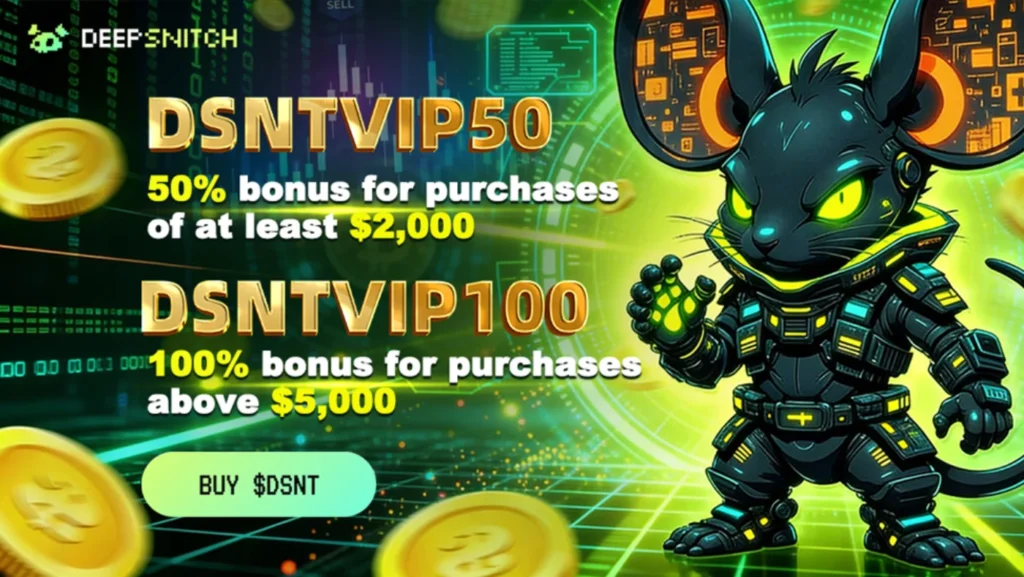Ethereum’s Fusaka Update: Enhancing Scalability While Maintaining Security
- Ethereum's Fusaka Upgrade (Dec 3, 2025) introduces PeerDAS to enhance L2 scalability via probabilistic data verification, reducing transaction costs and processing times. - Phased blob capacity expansion (6→15→21 per block) balances scalability with network stability, supported by 11 EIPs including spam resistance and gas limit adjustments. - The upgrade aims to attract developers to Ethereum's ecosystem by lowering L2 fees, while addressing revenue challenges through DeFi integration and testnet validat

Ethereum’s forthcoming Fusaka Upgrade, set to go live on December 3, 2025, represents a major milestone in the network’s ongoing efforts to improve scalability. This upgrade will introduce PeerDAS (Peer Data Availability Sampling), an innovative method that allows nodes to confirm data integrity without needing to download entire blocks, thereby improving data availability for Layer 2 (L2) solutions. By addressing a key scaling challenge, PeerDAS enables rollups and other L2 technologies to function more efficiently, leading to lower transaction fees and faster processing. The Fusaka Upgrade is a central part of Ethereum’s 2025 strategy, which focuses on foundational improvements to support the expanding needs of decentralized finance (DeFi), gaming, and asset tokenization.
One of the main features of the Fusaka Upgrade is the gradual increase in Ethereum’s blob capacity, which refers to the storage of data packets essential for rollups. The network will initially support six blobs per block, with two subsequent Blob Parameter Only (BPO) upgrades planned to raise this limit to 15 and then 21 blobs per block. This step-by-step process is designed to enhance scalability while maintaining network reliability, ensuring that the core layer can manage increased transaction loads without sacrificing security. Vitalik Buterin,
The Fusaka Upgrade encompasses 11 Ethereum Improvement Proposals (EIPs) aimed at boosting efficiency and scalability. Notably, EIP-7594 (PeerDAS) and EIP-7917 (Deterministic Proposer Lookahead) are considered key changes. EIP-7825 introduces mechanisms to resist spam and prevent network slowdowns, while EIP-7935 modifies the gas limit to support greater transaction volume. Developers have thoroughly tested these changes on testnets such as Holesky and Sepolia in October 2025, and a $2 million bug bounty program has been launched to encourage security reviews. The Ethereum community is taking a careful approach to deployment, timing the mainnet launch with the Devconnect conference in November 2025 to ensure all stakeholders are aligned.
The Fusaka Upgrade is expected to have a significant economic impact. By reducing gas fees on L2s, it is likely to draw more developers to the Ethereum ecosystem, spurring innovation in DeFi, gaming, and tokenized assets. For example, projects like
Looking forward, the Fusaka Upgrade is expected to pave the way for Ethereum to reach a theoretical throughput of 12,000 transactions per second by 2026, making it a strong contender for high-volume applications. However, the ultimate success of the upgrade will depend on effective testnet performance and ongoing refinements after launch. Developers are also preparing for future enhancements, such as potentially reducing block times to six seconds, which could further improve user experience. As the blockchain industry evolves, Ethereum’s commitment to gradual, security-focused upgrades highlights its importance as a core platform for Web3 development.
Disclaimer: The content of this article solely reflects the author's opinion and does not represent the platform in any capacity. This article is not intended to serve as a reference for making investment decisions.
You may also like
Best Crypto to Buy Now December 2025: DeepSnitch AI’s 100X Narrative Captures the Interest of Mantle and Toncoin Investors

Cardano Founder Charles Hoskinson Defends Network Capabilities, Vision Without Compromise